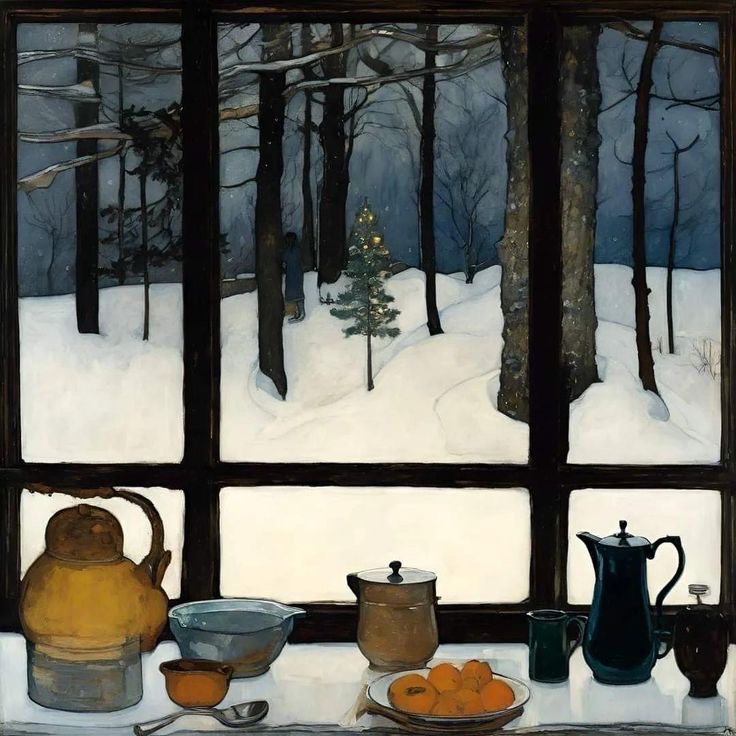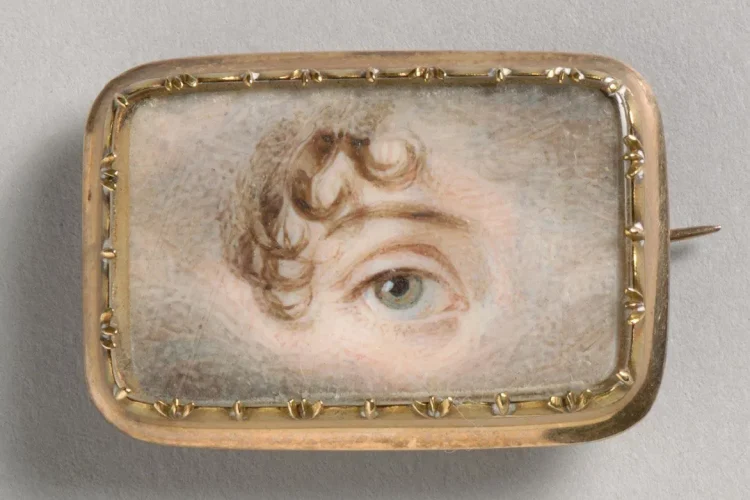Anonymous, London, UK
Very often when good and positive things happen in my life, I let the happiness and positivity be overshadowed by negative thoughts and stress: What if something prevents me from going on the exciting trip I have just booked? Did this new person I just met and obviously got along with well really like me? Subconsciously I know that these worries are unreasonable and my partner offers me reassurance too.
Yet, instead of just being excited about the positive thing that has happened or that is about to happen, my mind very quickly tries to identify potential issues or problems, which spoils the happiness I am supposed to be feeling.
How can I stop my mind from overthinking and just enjoy riding the wave of positivity and happiness?
Anonymous
AR:
I remember some years ago a student came to me with a similar question to the one you pose in your letter. How can one feel happy when happiness is so transient & fleeting, so conditional & fragile, so elusive & ethereal? On what basis does one balance one’s happiness, when the world itself it would seem is such a profoundly unhappy place for so many? & how does one navigate the seismic ebb & tide of one’s fortune & free will, when the worst very well may be yet to come?
My answer then is the same as my answer now, I think, & comes from my grandfather’s cousin, the poet Charles Reznikoff, who once remarked: when you least expect it, the lights go out, & when you least expect it too, the lights come back on, so that’s life. Rezzy’s modest, almost obvious wisdom is just that, a humble letting go & giving in to the inevitable flux of life’s unpredictability just around the next corner. It also calls to mind the ancient Persian adage so often (mis)attributed to King Solomon: this too shall pass.
Reznikoff was a writer dedicated to the mundane but also to the transient modalities of modern daily life. He was a profoundly happy poet, so I’m told, despite his anonymity & lack of any status or fame during his lifetime. Unlike his younger friend, Louis Zukofsky, who grew more & more resentful over the course of his writing life, embittered by his (relative) lack of reception, Reznikoff understood contentment & gratification to be part & parcel of a more extensive micro-process of day-to-day existence.
Not a search for sacred treasure, but rather a re-orienting toward the ordinary that allows for a radical present tense living & seeing, witnessing the beauty & harshness of the world together & all at once, & anchoring oneself in one’s happiness as a way of storing up energies & morale for a darker day to come, not here quite yet, but neither too far off. & indeed, as the poet Bill Berkson once told me, Reznikoff was the happiest of all obscure poets he (Bill) had ever met, & he urged me: be like Rezzy.
& so I urge you now: let go of your desire to control the winds of change, & nourish yourself in whatever happiness you may find along life’s way, for as transient as it is, it can be stored in the form of memory—a talisman against the evil eye or any winter storm brewing silently on the horizon.
Salmon and red wine
and a cake fat with raisins and nuts:
no diet for a writer of verse
who must learn to fast
and drink water by measure.Those of us without house and ground
who leave tomorrow
must keep our baggage light:
a psalm, perhaps, a dialogue—brief as Lamech’s
song in Genesis,
even Job among his friends—
but no more.Like a tree in December
— Charles Reznikoff
after the winds have stripped it
leaving only trunk and limbs
to ride and outlast the
winter’s blast.






